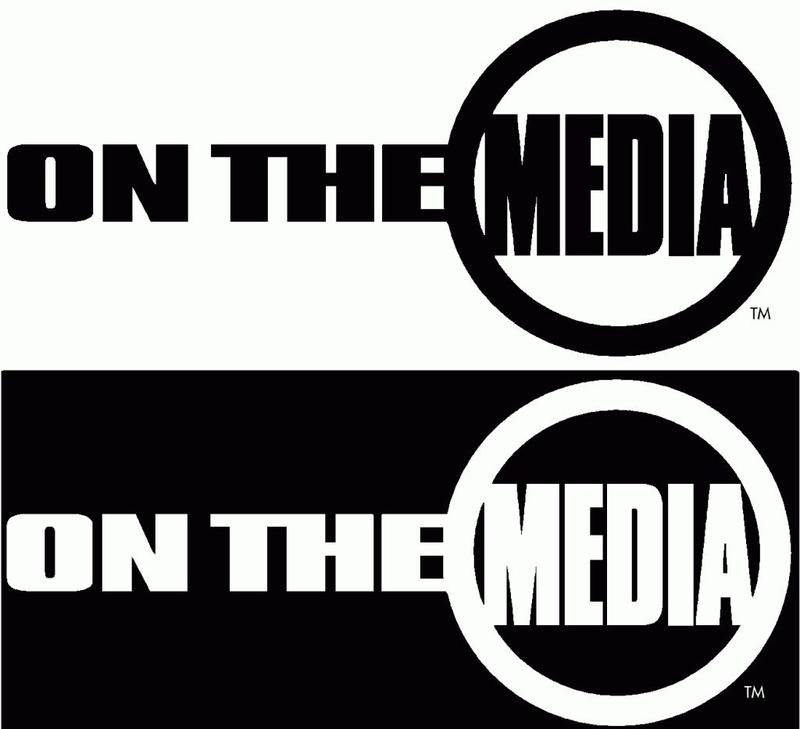 The NYPR Archive Collections
The NYPR Archive Collections
Barnicle's Back; Can Students Work on College Radio?; All About Oscar; C-Span Turns Twenty; Frankel on The Times

1 - BARNICLE BACK IN THE BUSINESS
Former "Boston Globe" columnist Mike Barnicle is once again a columnist. Barnicle, who resigned from the "Globe" after he was accused of making up characters in a column, will write for the Sunday edition of the "New York Daily News." Brian will talk with "Daily News" Sunday Opinion Editor Michael Kramer about rehabilitating a journalist.
2 - PUBLIC RADIO VS. COLLEGE RADIO
Many public radio stations are owned by universities, but recently a number of stations have taken control of the station away from students and turned it over to professionals. On the Media's Maura Howe looks at the sometimes troubled relationships between universities and their radio stations.
3 - THE PRESS AND THE OSCARS
It's Oscar weekend, and those little gold statuettes will finally be handed out. It's the culmination of a battle for votes that has reached epic proportions this year, as the studios slug it out.
Reporter: David D'Arcy
4 - SHAKESPEARE VS. WWII
"Saving Private Ryan" and "Shakespeare in Love" occupy a greater place than the likeliest choices for this year's Best Picture Oscar. They each represent a certain place in moviedom, and a place in our cultural consciousness. Brian Lehrer explores the idea each film embodies, and the meaning of meaning in a film.
Host Commentary by Brian Lehrer
5 - THE GAY SUPER BOWL
In a culture segmented by race, gender, age, income, and geography, bonafide TV events are few and far between. The Super Bowl is one, and the Oscars another. The E! Network's Ted Casablanca examines the connection between the two, especially within the gay community.
6 - BROOKE AND BRIAN
A review of the week's media stories with NPR's Media Maven, Brooke Gladstone.
7- C-SPAN'S 20TH ANNIVERSARY
The journalistic institution that changed how we look at our politicians has a birthday this week. Commentator John Solomon has these thoughts on the birthday boy.
8 - MAX FRANKEL TALKS ABOUT THE TIMES OF HIS LIFE DURING HIS LIFE AT "THE TIMES"
While at "The New York Times" Max Frankel wore many hats: Russian Correspondent, Washington Bureau Chief and eventually, managing editor. On the Media talks with Mr. Frankel about his extraordinary tenure at "The Times" and gets his take on the state of journalism today.
WNYC archives id: 84943